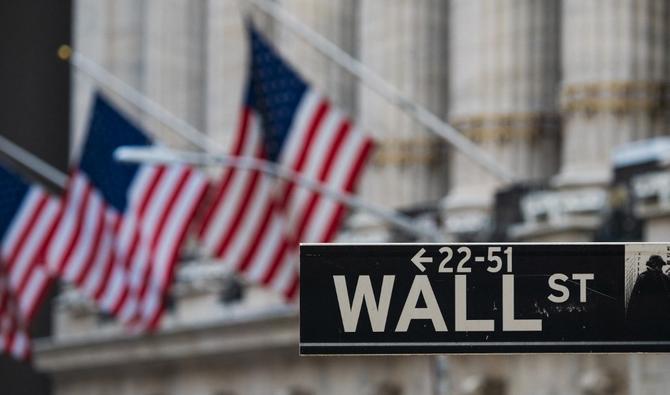(BFM Bourse) – The latest IPOs in the United States have shown mixed performance, with investor caution reinforced by an unfavorable market environment. The prospect of a shutdown could also lead to the suspension of the examination of all stock market listing files.
The series of major IPOs experienced by Wall Street since mid-September resulted in mixed performances and did not trigger the response expected by investors, with caution remaining in place.
The prices of the four newcomers to the stock market, Arm, Instacart, Klaviyo and Birkenstock, were all below their IPO prices. “When the first three (Arm, Instacart and Klaviyo) went up, it gave rise to a lot of optimism, euphoria,” observes Richard Truesdell, lawyer specializing in IPOs at the firm Davis Polk & Wardwell.
On the evening of their first day on the New York market, Arm (+24%), Instacart (+12%) and Klaviyo (+12%) were all winners.
An unfavorable environment
“As a result, people who did not see themselves entering the stock market in the fourth quarter tried to speed things up,” continues the lawyer. “Unfortunately, (the three newcomers) fell into the red, then Birkenstock fell from the start (-12% for its first session).”
“The following sessions were not good, and this is important for the candidates, (…) who can freeze their plans” for listing, explains Avery Spear, of the Renaissance Capital firm.
Since Birkenstock stumbled at its first gallop, no big name has publicly registered with the US regulator, the SEC (Securities and Exchange Commission), for a listing.
The social network Reddit, the data management specialist Databricks and the dematerialized payments company Stripe, expected for several months, remain behind. Wall Street hasn’t seen any IPOs over $20 million this week.
“The current environment is not favorable for fragile companies that want to go public,” emphasizes Avery Spear, “but it is also not favorable for strong companies, because they cannot obtain the price that ‘they want.”
For her, the Birkenstock case is a good example of “the disconnect on valuation”, between stock market applicants who see themselves as better than they are and investors who are always cautious.
For Jay Ritter, professor at the University of Florida and specialist in “IPOs” (initial public offering, the English term for introductions), the low volume of introductions, despite the recent arrival of four heavyweights, is as much due to the lack of market appetite than to the reserves of the candidates, who “do not want to accept an upgrade of valuations”.
The shadow of the shutdown
For Richard Truesdell, “if you have not filed your file this week, it is quite unlikely that you will be able to enter the stock market before shutdown“, that is to say the possible suspension of part of the activities of the American government, for lack of budget agreement.
Initially set for September 30, the limit was pushed back to November 17, but many fear that the blockage will not be resolved by then, especially since the Republican majority took many weeks to find a leader.
The SEC indicated that a “shutdown” would result in the suspension of the examination of all IPO files.
In addition to this perspective, operators have in mind the deterioration of the economic environment, under the effect of the brutal monetary tightening that began last year, notes Avery Spear. The geopolitical turbulence following the war between Israel and the Palestinian Islamist movement Hamas has also darkened the horizon.
“Even though the current environment is difficult, with headwinds, things have improved a little,” Jeremy Barnum, chief financial officer of JPMorgan Chase, said last week, referring to the investment banking business, which includes stock market entries.
“A new beginning” in 2024?
“People are worried about the vitality of the market in the fourth quarter, but there is hope that the first quarter (2024) will be a fresh start and that things will improve,” says Richard Truesdell.
For Jay Ritter, “the situation remains unstable” and comparable to the exit from the great collapses of the past, whether the explosion of the internet bubble in 2000, or the financial crisis of 2008.
“The trajectory seems quite similar,” he says. “It’s going to take another year of relatively low activity before things get back to normal.”
(With AFP)
SS – ©2023 BFM Bourse
